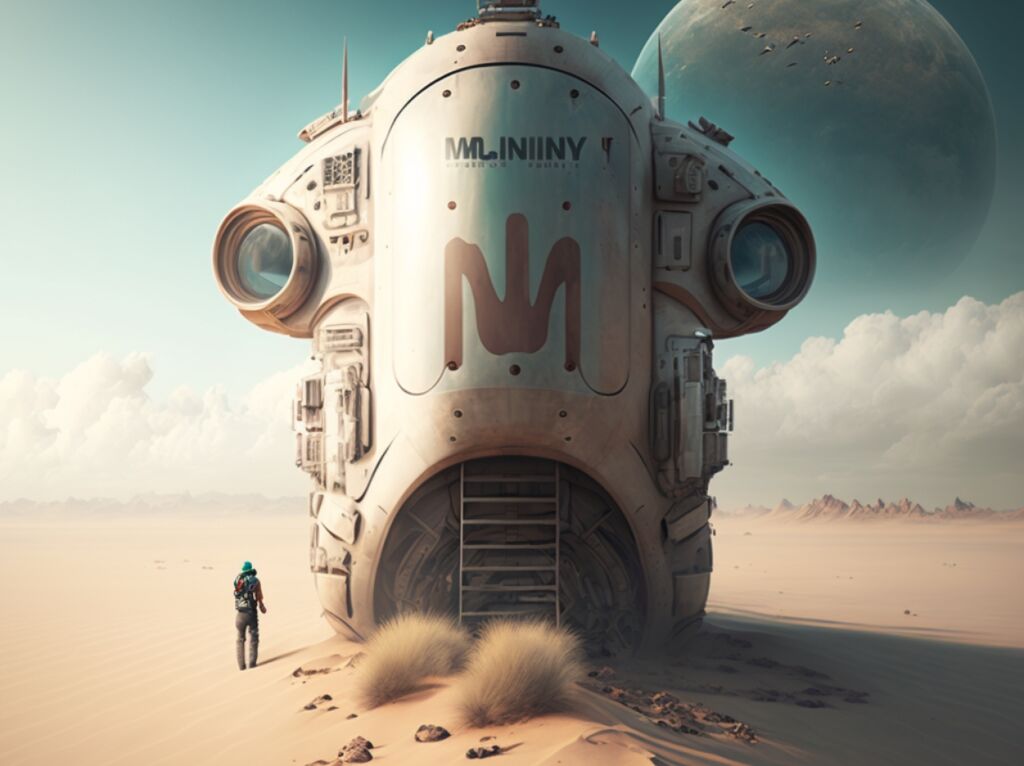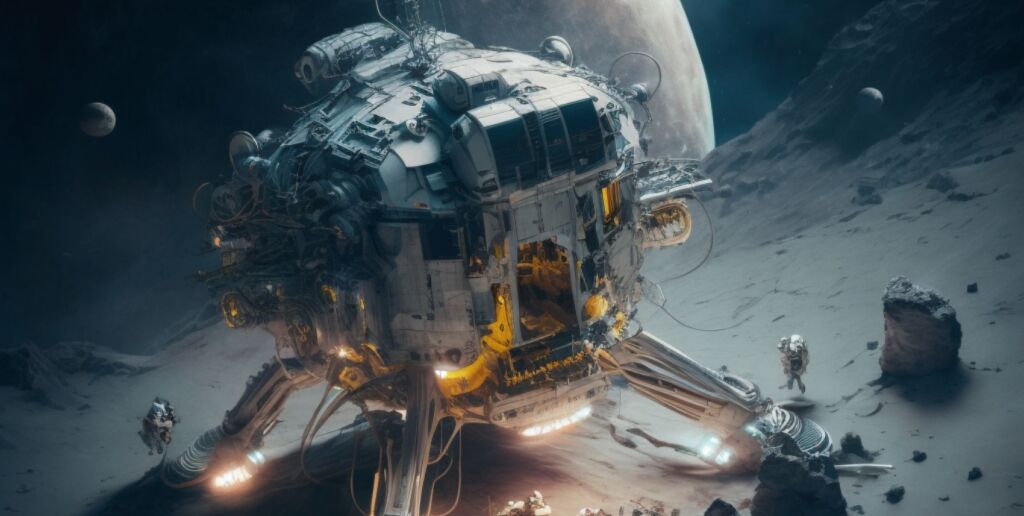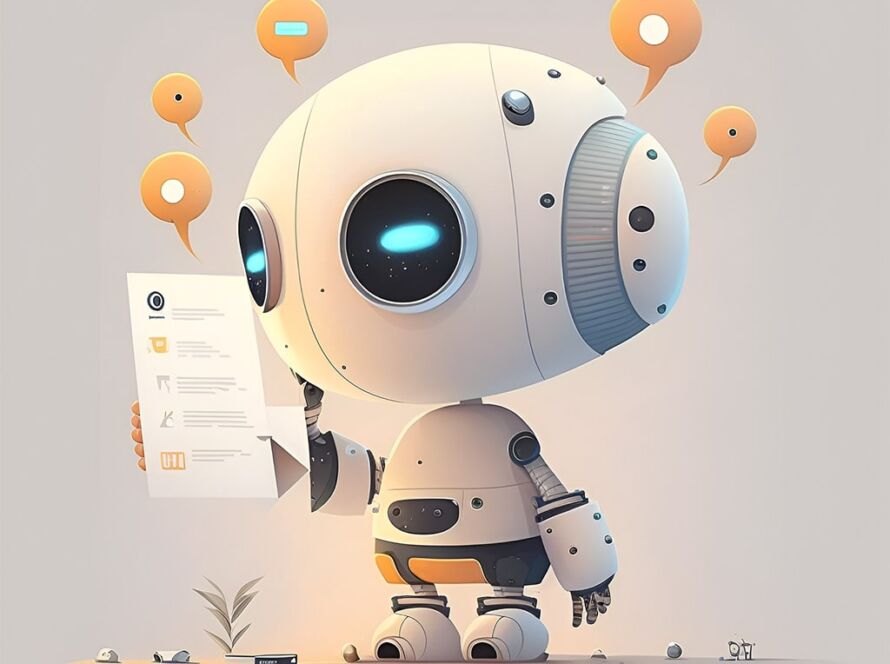AI is Mastering a Wider Variety of Jobs: What It Means for the Future of Work
Artificial Intelligence (AI) is no longer confined to laboratories or sci-fi movies. It has rapidly expanded its influence across industries, transforming how businesses operate and reshaping the global job market. From automating repetitive tasks to making complex decisions, AI is mastering a wider variety of jobs—sometimes even outperforming humans.
AI’s Growing Capabilities in Different Fields
- Creative Industries
AI is now capable of generating images, composing music, and even writing articles. Tools like ChatGPT, DALL·E, and Midjourney are proving that AI can be creative, challenging traditional notions of human ingenuity. - Healthcare
AI is revolutionizing healthcare by diagnosing diseases, personalizing treatment plans, and even assisting in surgeries. Machine learning algorithms analyze medical data faster than doctors, leading to earlier disease detection and more accurate diagnoses. - Finance and Business
AI is widely used for fraud detection, risk assessment, and stock market predictions. Automated trading algorithms react faster than human traders, while AI-driven chatbots handle customer support, reducing the need for human intervention. - Manufacturing and Logistics
Robots powered by AI optimize production lines, reduce errors, and improve efficiency. In logistics, AI predicts supply chain disruptions and enhances delivery routes, making global trade smoother. - Education and Customer Service
AI-powered tutors provide personalized learning experiences, adapting lessons based on a student’s performance. Virtual assistants and AI chatbots are also replacing traditional customer service roles, offering instant responses to inquiries.
s vs. AI—it’s about how we can work with AI to achieve greater progress.


Will AI Replace Human Workers?
The fear of AI taking over jobs is not new. While AI is automating many tasks, it is also creating new opportunities. Instead of replacing humans entirely, AI is more likely to augment human capabilities, making jobs more efficient and productive. For example:
- Writers use AI-powered tools to brainstorm ideas.
- Doctors rely on AI to analyze test results faster.
- Engineers leverage AI-driven simulations to improve designs.
How to Adapt to an AI-Powered Future
To stay relevant in an AI-driven world, individuals and businesses must focus on skills that AI cannot easily replicate, such as:
- Critical Thinking & Problem-Solving: AI can process data, but humans are still better at making ethical decisions and thinking creatively.
- Emotional Intelligence: Human empathy and interpersonal skills remain irreplaceable in leadership, psychology, and healthcare.
- AI Collaboration: Learning how to work with AI rather than against it will be key to career success.

Conclusion
AI is mastering a wider variety of jobs, and its influence will only continue to grow. Rather than fearing automation, we should embrace AI as a tool that enhances productivity, efficiency, and innovation. The future of work isn’t about human


